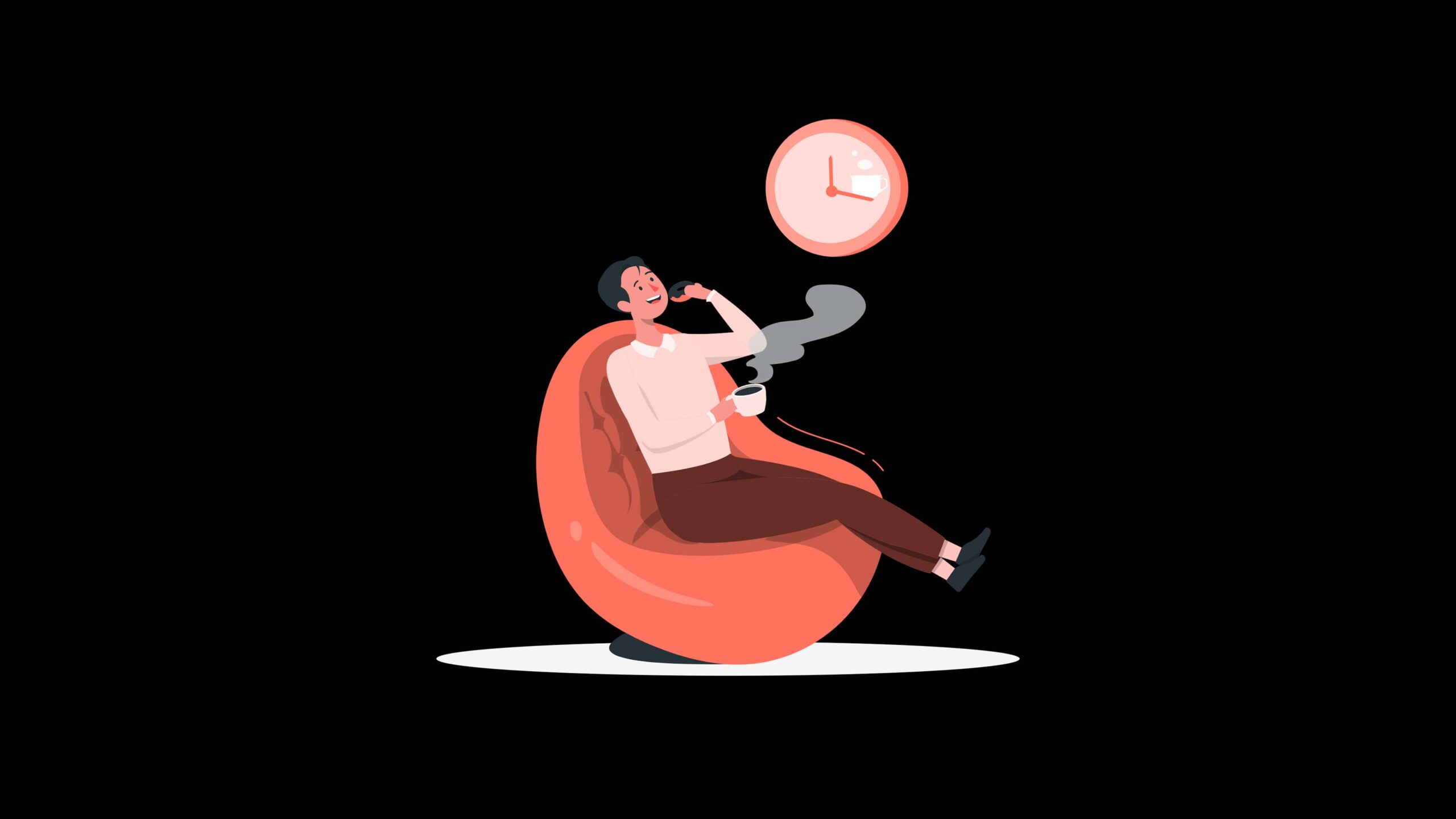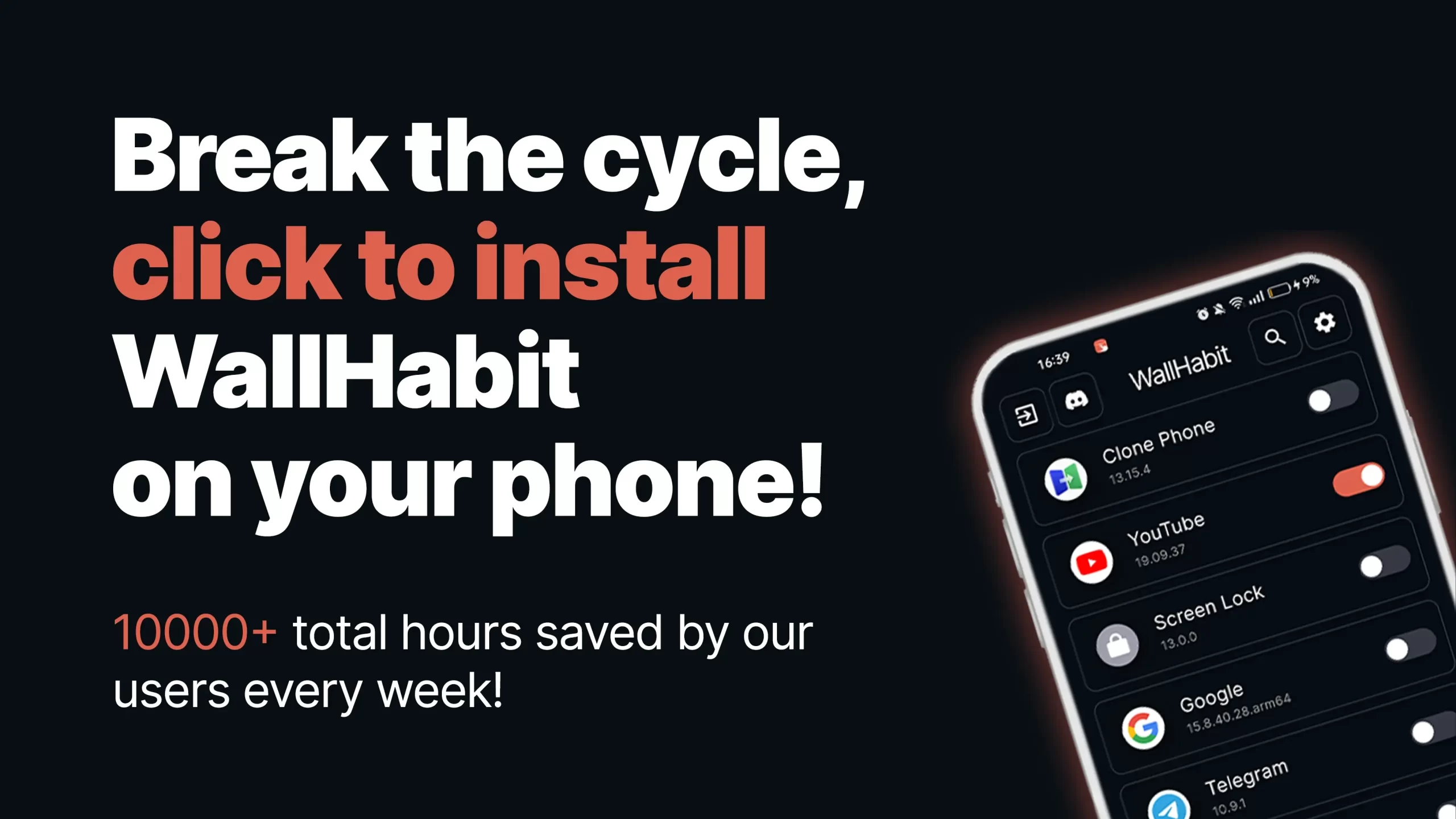In the age of constant connectivity, social media has become a staple in our daily routines. From checking updates first thing in the morning to winding down with a scroll before bed, it’s easy to become overwhelmed by the sheer volume of information we consume. If you’re feeling frazzled or stuck in a digital loop, it might be time to consider taking a social media break. But what does that really mean, and how could it benefit you?
What’s a Social Media Break?
A social media break is essentially a deliberate pause from using social media platforms. This doesn’t mean you have to quit social media entirely; rather, it involves taking a step back from your usual online activities to regain control and improve your overall well-being. A break can vary in length and intensity, from a few hours to several weeks, depending on what you’re looking to achieve.
Taking a break from social media isn’t about abandoning your friends or missing out on important updates. It’s about creating space to focus on other aspects of life, free from the distractions and pressures of the online world. During this time, you can redirect your energy towards activities that promote personal growth, such as hobbies, exercise, or spending quality time with loved ones.
Social Media Breaks Are Positive for You
Taking breaks from social media offers several positive effects on mental health and well-being. First and foremost, they allow you to disconnect from the constant bombardment of notifications and messages, which can be incredibly freeing. When you’re not constantly checking your phone, you have more mental space to engage in deep thinking and reflection.
Additionally, a social media break can help you reconnect with the present moment. Instead of living through a screen, you can experience life more directly. This shift often leads to increased satisfaction and happiness as you start to appreciate simple joys and personal interactions more fully.
How Long Should a Social Media Break Be?
Determining the ideal length for a social media break depends on your personal needs and goals. Some people find that a short break of a few hours or days is enough to refresh their perspective. Others might need a more extended pause, like a week or even a month, to see significant changes in their mood and mental clarity.
It’s important to set clear goals for your break. Are you looking to reduce stress, improve focus, or simply gain more free time? Your goals will help you decide the duration and structure of your break. If you’re unsure, starting with a short break and gradually extending it as needed can be an effective approach.
Is Social Media Causing Anxiety?
Social media can sometimes contribute to feelings of anxiety and stress. The pressure to stay updated, respond quickly, and maintain a certain online persona can be overwhelming. Social media platforms are designed to capture your attention, often leading to prolonged use that can disrupt your daily life and mental health.
5 Problems That Social Media May Cause
- Comparison and Low Self-Esteem: Constant exposure to curated highlights of others’ lives can lead to negative self-comparisons and decreased self-esteem. Seeing others’ seemingly perfect lives can make your own achievements feel less significant.
- Information Overload: The sheer volume of information and updates can lead to mental fatigue. This overload can make it difficult to process information effectively and can contribute to anxiety.
- Sleep Disruption: Engaging with social media before bed can interfere with sleep patterns. The blue light emitted by screens can suppress melatonin production, making it harder to fall asleep and impacting overall sleep quality.
- Fear of Missing Out (FOMO): The constant stream of updates can trigger FOMO, causing you to feel anxious about missing out on social events or important news.
- Addiction and Time Management: Excessive use of social media can become addictive, leading to poor time management and reduced productivity. This addiction can interfere with real-world responsibilities and goals.
How to Take a Social Media Break
Taking a social media break involves more than just logging off. It requires a plan to ensure that you stick to your break and make the most of your time offline. Here are some steps to help you take a successful break:
- Set Clear Goals: Define why you’re taking a break and what you hope to achieve. This could be reducing stress, improving focus, or gaining more time for personal activities.
- Communicate Your Break: Inform friends and family about your decision. This helps manage expectations and ensures that important messages are communicated through other channels if needed.
- Replace Social Media with Other Activities: Use the time you would have spent online to engage in activities that bring you joy and fulfillment. This could include reading, exercising, or pursuing a hobby.
Using Wallhabit to Remain Accountable
WallHabit is a commitment device designed to help you manage and reduce your screen time effectively. One of its key features is “hold to unlock,” which creates a virtual barrier for apps you want to limit. This means that if you try to access these apps, you’ll have to hold down your screen to unlock them, making you think twice about whether you really need to use them at that moment.
Another useful feature is the ability to block specific types of content, such as shorts and reels. By using WallHabit to limit access to these highly engaging, but often time-consuming, content types, you can further reduce distractions and make your social media break more effective.
All the Benefits of a Social Media Break
A social media break can lead to numerous benefits. First and foremost, it can improve your mental health by reducing stress and anxiety levels. By stepping away from the constant noise and pressure of online interactions, you give yourself the opportunity to recharge and gain a fresh perspective on your life.
Additionally, taking breaks from social media can help you develop healthier habits and improve your productivity. Without the constant pull of notifications and updates, you may find that you have more time and focus for important tasks and personal goals. Overall, the benefits of a social media break can lead to a more balanced and fulfilling life, allowing you to connect with yourself and those around you on a deeper level.
Conclusion
In today’s hyper-connected world, taking a social media break can be a powerful way to reclaim your time and mental well-being. By setting clear goals, using tools like WallHabit to manage your screen time, and focusing on meaningful activities, you can make the most of your break and return to social media with a refreshed and balanced perspective. If you’re feeling overwhelmed or simply looking for a change, a social media break might be just what you need to reconnect with what truly matters in your life.

